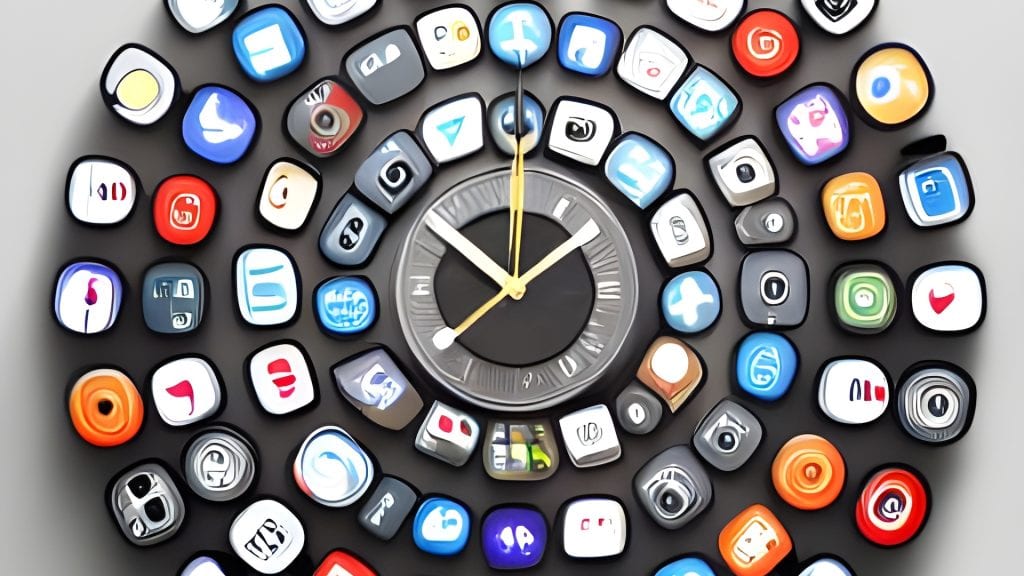
This post originally appeared on LinkedIn
Sometimes it’s not what you do, but how you do it.
Research shows that mobile device addiction leads to negative effects on productivity and mental health. But a recent study finds that setting goals and being mindful about screen time helps people feel more productive and satisfied.
This makes sense. Keeping a goal in view allows us to see when we’re straying from it. We want to do better, so we correct our course.
But there’s more to this picture. Being mindful about the time you spend on your devices is good, but perhaps a better question is what you’re doing during that time.
Are you watching mindless videos or reading a mind-expanding book?
Are you taking selfies or managing your to-dos to get closer to a goal?
Are you playing a game or keeping a journal of impressions, ideas, and inspiration that can help you understand yourself?
Our devices can be agents of time-sucking idleness or useful tools for positive change.
There’s nothing wrong with watching a creative video, capturing a memory with a selfie, or clearing your mind with a fun game. Downtime is good for your brain, after all (link in comments)! It just takes a little balance.
With a little more mindfulness about how we're using our time vs where we want to go, we can tilt our phones back toward the “useful tool” side of the equation. We’ll have healthier relationships with the tech in our pockets, and I believe we’ll end the day a little happier.